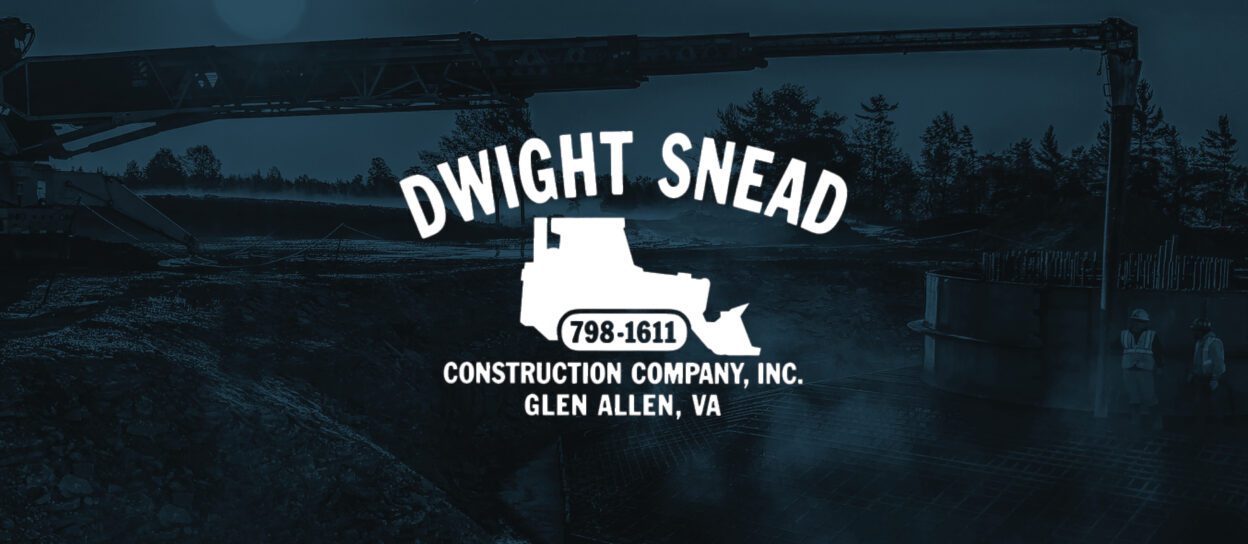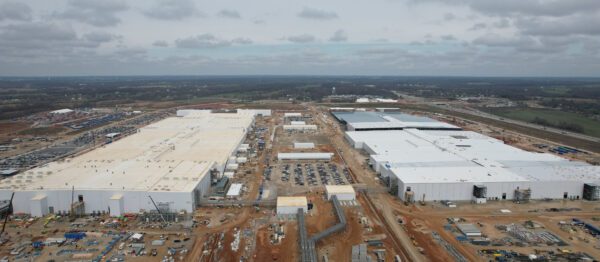From spending summers working for his father’s landscaping company to successfully running one of his own, Dwight Snead Sr. shows no signs of slowing down.
Dwight Sr. founded Dwight Snead Landscaping and Paving Company, Inc. in the 1960s. In the early 1970s, the City of Richmond awarded him a major contract, and by the 1980s, the construction arm of the company had become one of the region’s leading grading and site subcontractors.
Now, the president of Snead Construction travels upwards of 700 miles a week to visit the company’s jobsites throughout the Richmond, Virginia, region. The company provides heavy site work services through major excavation, underground utilities, site demolition, paving, incidental concrete work, and of course, landscaping. It’s classified as a minority business enterprise (MBE) and is SWaM-certified in the Commonwealth of Virginia.
“Our guys see that from the very top, we care,” says David Snead, operations manager of the family-run firm. This visibility with workers is important to the Sneads. “It shows that whenever issues arise, leadership is there.”
These values were instilled in Dwight Sr. early on in his life. He’s since passed his work ethic down to his sons Dwight Jr. (also known as Woody, who serves as the company’s vice president), David, and Derek, who is an estimator. While the company’s service offering has evolved since it was initially founded, what’s always rung true are its core values.
Timeliness. Reliability. Willingness to Change.
The Sneads understand that construction itself has a sort of domino effect. Each phase of the project builds upon itself, and it’s up to the various groups of contractors to help the next trade thrive.
“We’re one of the first groups to show up,” Woody says, referring to the process of preparing the building pad so construction can move forward. They’re also one of the last to leave after finishing asphalt and concrete work.
Just as their father passed these values down to his children, Woody and David continuously work to instill the core values in their team members. By embracing a willingness to change, David explains that he views the company as taking on a stewardship role.
Before any work begins on a new project, Snead Construction hosts a kickoff meeting with its workers that creates an open dialogue and establishes expectations.
“If you’re upfront with a team member about what’s expected of them, there are no surprises and no pushback,” Woody explains. “The side effect of preparing your team members for what the client is expecting is what our work doctrine is for that project.”
Carving Out a Niche
One of Snead Construction’s key clients is Virginia Commonwealth University (VCU). In fact, working on the university’s Athletics Basketball Development Center was one of the early engagements the company had with Barton Malow. Located in downtown Richmond, VCU’s campus often poses issues for subcontractors not used to working in a dense, urban environment. For Snead Construction, it’s no problem.
“Most competitors don’t want to work in tight spaces. A lot don’t even want to bid on those types of projects,” Woody explains. “We’ve carved out a niche.”
This niche — which often involves digging large trenches under city streets — has allowed Snead Construction to maintain a rotating list of repeat clients like VCU. The firm has completed an impressive number of parking decks throughout the city for clients like VCU, the Science Museum of Virginia, and Richmond’s General Assembly.
“Some of these parking decks, we’ve moved 30,000 cubic yards of dirt – that’s a big hole,” Dwight Sr. says. “When you’re excavating that deep, the ground has to be shored as you go down. If you dig a hole like that, the street will just tumble into the basement.”
VCU’s Institute for Contemporary Art, located at one of the city’s biggest intersections, was a particularly challenging project. The lot had been used and reused so many times that there were many unknowns and unforeseen issues, despite calling Miss Utility and having all the lines marked. Excavating a deep basement in a confined area is one thing, but finding a wood-encased active telephone line dating back to the early 1900s was a memorable moment for Woody. While the line wasn’t hit, it conflicted with the grading, causing delays during the dig. Snead Construction worked around the line until the telephone company relocated it, avoiding a large outage to VCU’s phone lines.
Despite the added challenges of working in large cities, the Sneads remain confident. “We’ve done it so many times, so we know what to expect and how to work it,” Woody says.



